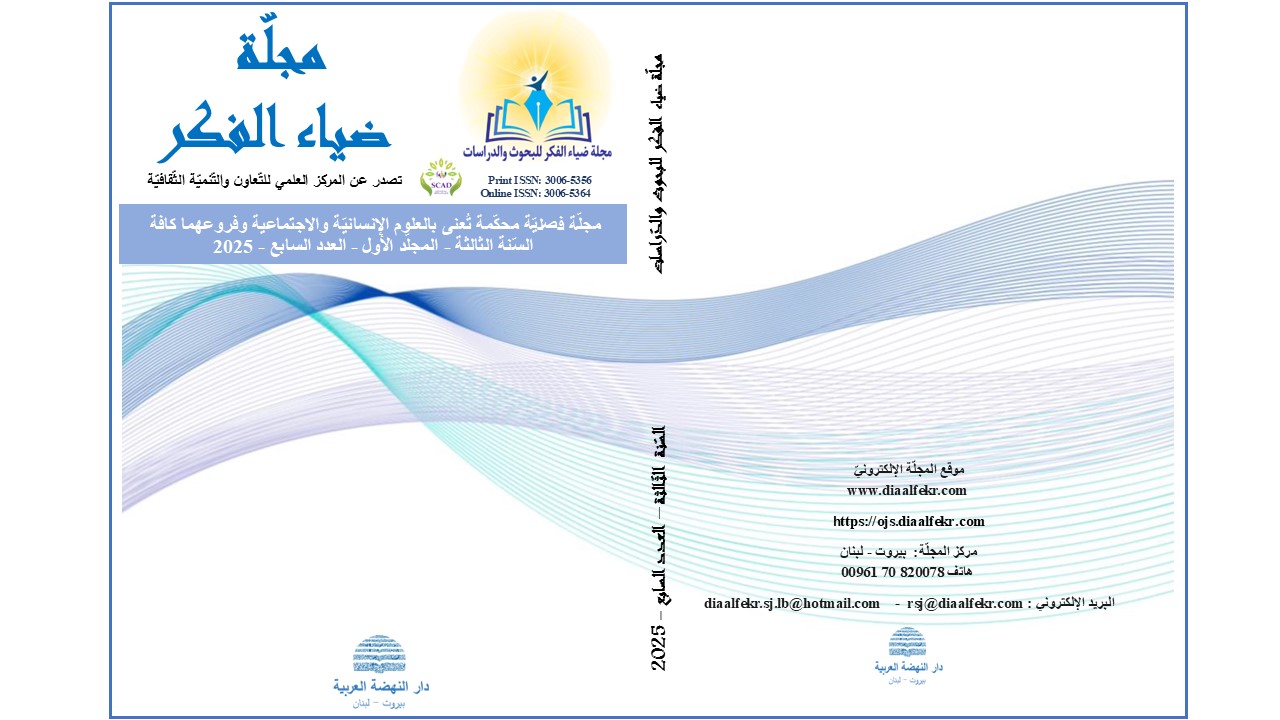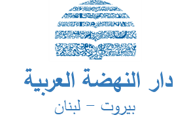Attitudes of Arabic Language Teachers Towards the Utilization of Generative Artificial Intelligence in their Training Programs for Modern Teaching Approaches
DOI:
https://doi.org/10.71090/azy6gz74Keywords:
Arabic Language Teachers, Generative Artificial Intelligence (GAI), Teacher Training Programs, Modern Teaching ApproachesAbstract
This study aims to analyze the attitudes of male and female Arabic language teachers toward integrating generative artificial intelligence (AI) into their training programs on modern teaching approaches, while examining the influence of demographic variables (gender, experience) on these attitudes. This study employed a descriptive analytical approach, incorporating a research group consisting of (65) educators specializing in Arabic language instruction. These participants were chosen utilizing a stratified random selection method from educational institutions serving intermediate and secondary levels within Baqubah's central district throughout the 2025/2026 scholastic period. To achieve the study’s objectives, a questionnaire comprising (25) items was designed, assessing three domains: the role of generative AI in training, its application in modern teaching methodologies, and its implementation in the instructional process. Each item was evaluated using a three-point scale (high, medium, low). After verifying the tool’s validity and reliability, the questionnaire was distributed electronically via Google Forms between February 1, 2025, and February 12, 2025. Data were collected and statistically analyzed using SPSS, employing weighted averages and an independent samples T-test to compare groups, the results showed:
- The majority of participating teachers believe generative artificial intelligence contributes to designing interactive training programs and enriching training content through practical models that assist in planning, implementation, and evaluation.
- It provides precise diagnostic tools that increase the quality of education and enhance evaluation processes.
- The implementation of generative artificial intelligence technologies within various pedagogical methodologies—including project-oriented instruction, negotiation-based learning, competitive frameworks, cooperative strategies, individualized teaching, inverted classroom models, systematic approaches, visual-spatial learning, logical reasoning methods, practical application techniques, and technology-enhanced multimedia instruction, alongside systems-oriented methodologies and data processing approaches—significantly improves the effectiveness of Arabic language instruction and educational outcomes. Notable statistical variations at the 0.05 significance threshold were identified across participant cohorts when analyzed according to gender demographics and professional experience duration.
- The findings revealed that educators of female gender and those with limited professional tenure demonstrate greater propensity toward digital advancement and incorporation of generative artificial intelligence technologies within their instructional curricula.





